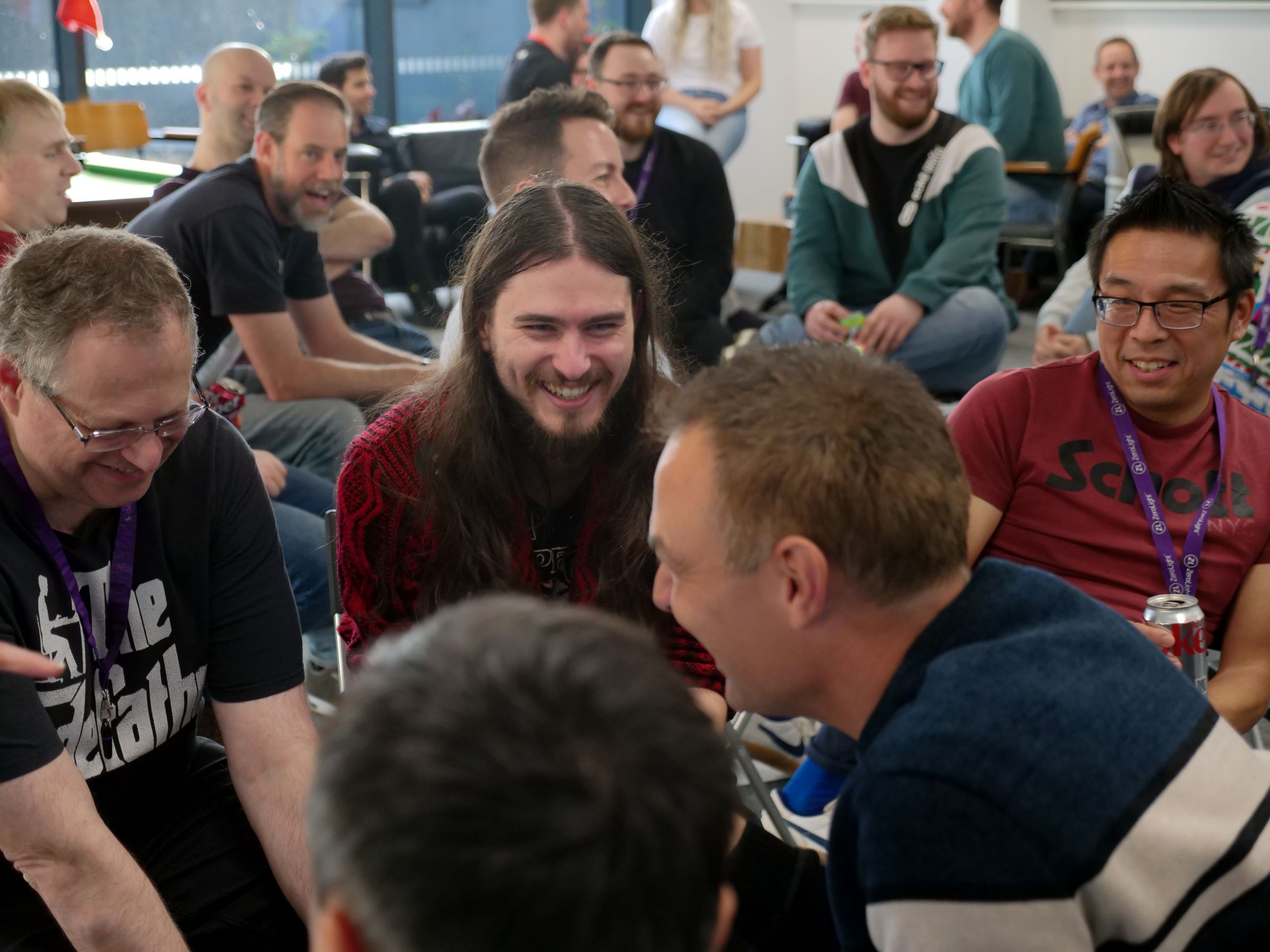Here at ZeroLight, we pride ourselves on our teamwork skills. We work in a very fast paced environment with highly complex technical solutions - that can create an environment of rapid change and all sorts of potential for confusion. So how do we stay ahead of the game and ensure quality results for our clients and happy team members? We’ve mastered the elusive art of effective team communication. Let’s take a look at some of the best ways you can foster effective communication within your team.

Build trust
It is really difficult to work productively with someone you don’t trust. Therefore, building a high-performing team requires each member to trust the others that the others are working hard and that they will deliver what they promise to. Building trust requires transparency and open communication. It is also important that team members demonstrate personal accountability for mistakes or missed deadlines. This is no so that blame can be apportioned, actually it is quite the opposite. People are more likely to be understanding when a mistake has been made where the person at fault has taken responsibility. It also gives a learning opportunity to ensure that the same mistake doesn’t happen again.
Clear and frequent communication
Clear and frequent communication is an essential part of a high-performing team. It is also increasingly important when we consider remote working where there are greater opportunities for miscommunication. If we ensure that all team members are working to the same goal we get more accurate results in a shorter timeframe. Strong communication is also essential for building trust which contributes to the successful performance of a team.
Decision-making autonomy
In circumstances where people feel they have little control over how they do their work there can be a lot of feelings of resentment that build up and hinder team cohesion. Trusting members of your team to make their own decisions is a really important part of building trust in a team and improving overall team performance. This also links to our previous topic of failure. Giving trust has to be coupled with creating an environment where failure is accepted or even celebrated. People have to feel safe to make those decisions so they don’t feel they are being set up to fail.
Clearly defined roles and responsibilities
Ensuring that every team member is aware of exactly what their role entails and what their responsibilities are is a key component of high-functioning and highly trusting teams. Not only does it avoid wasting valuable time and effort on duplicate tasks but it also creates a sense of accountability to fulfil the role well and to achieve the goals associated with it.
Continued learning
We are all changing all the time, so it is natural to expect team dynamics to need to shift every now and then. It is important that we don’t become complacent and we continue to give our team relationships the attention they need to flourish. Here, at ZeroLight, we like to do this using our quarterly collaboration weeks. We have a good mix of team building activities alongside work improvement discussions and continued personal learning through our ‘developing you’ series. This innovative approach creates an environment where people get to know and trust each other better. It also helps to iron out those inevitable niggles that arise where we could improve our ways of working creating a sense of unity through encouraging a collaborative approach to working. High-functioning and trusting teams are not a result of happy accidents, they come about because of intentional actions by their members to create an environment where everyone feels heard and valued, understands their role and accountability and works towards the same overarching goal.













